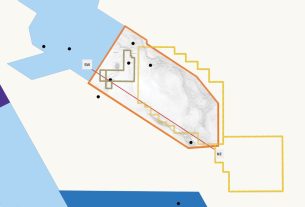Switzerland – Researchers from the EU and Switzerland are collaborating to develop new methods for storing energy from non-fossil sources that are based on aluminum.
The innovative idea, which relies on aluminum as an energy transporter, is radically different from traditional energy storage techniques like batteries, hydrogen, or synthetic fuels. The SPF Institute for Solar Technology at the OST produced the initial concepts for the aluminum design, which are now sponsored by the EU’s Horizon Europe research program and the Swiss State Secretariat for Education, Research, and Innovation (SERI).
The main issue with the current switch from dirty fossil fuels to clean renewable energy sources is how to store the renewable energy. There is a need for long-term, economical storage options, particularly during the winter.
Today, solar, water, or wind energy can be used to generate electricity and heat at a low cost. They can, however, only be kept in storage for a brief period of time to make up for transient supply and demand imbalances. There are currently few technologies available for storing renewable energy for lengthy periods of time.
Reliable energy storage
The Icelandic project partners have already demonstrated in the lab that aluminum can chemically store electrical energy from renewable sources without releasing greenhouse emissions. At the same time, the SPF team was able to show that aluminum can be efficiently used to recover heat and electrical energy. Aluminum’s major advantage over competing technologies is its ability to absorb and steadily store enormous amounts of energy when made from aluminum oxide.
The Horizon Europe program of the European Union and SERI are each contributing 3.6 million euros to the REVEAL research project.
Aluminum releases its stored energy in the form of reaction products, which can then be transformed back into aluminum using further energy. Closing this material cycle is one of the project’s key objectives. It is ideal to never need to replace aluminum that has been brought into the storage concept with new aluminum because it may be recycled numerous times between the charging and discharging cycles.




